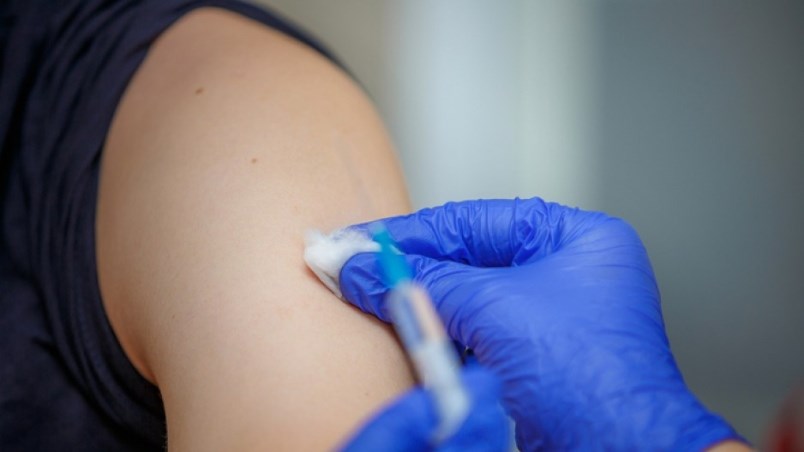B.C.’s top doctor is cautioning British Columbians to be prepared for longer-than-expected delays between their first and second doses of COVID-19 vaccine.
Dr. Bonnie Henry estimated Tuesday during a media briefing that 4,000-6,000 people are likely to receive their second doses of the Moderna Inc. vaccine more than 42 days after their first doses.
This comes as B.C. prepares to accept nearly 55,000 doses from Pfizer this week at the same time fewer than half that number of doses will arrive from Moderna.
Both the Moderna and Pfizer vaccines require two doses for maximum efficacy.
But amid ongoing shortages of vaccine deliveries, B.C. has been delaying the interval between two doses.
Both vaccine manufacturers recommend intervals of about three to four weeks between doses.
B.C. has stretched that interval over the past few weeks, first from 35 days and then to 42 days.
Henry spent an extended period during Tuesday’s briefing attempting to allay concerns about that gap, citing research from the U.K. and Israel indicating that delays of second doses does not have a negative impact on vaccine effectiveness.
She also noted some jurisdictions are stretching the interval to as many as 90 days.
“It is still too early for us to know how long this initial immunity last in people,” Henry said, referring to efficacy of the first dose, “but we do know that the current vaccines are very effective.”
Health Minister Adrian Dix said the province would “absolutely” like to have more doses.
“But as Dr. Henry has said, we have to deal with the situation in front of us,” he said during Tuesday’s media briefing.
To date, 171,755 doses of the 188,500 delivered to B.C. have been administered — up from the 162,982 doses administered as of Friday.
Of those administered doses, 22,500 are second doses.
For comparison, officials in neighbouring Washington state announced Friday that 1 million doses have been administered within their borders.
“I will say this: We have other vaccines that are on the horizon,” Henry said, noting vaccines from AstraZeneca plc, Novavax Inc., and Johnson & Johnson are considerably easier to transport than the Moderna or Pfizer vaccines.
“We can target people who are to work from home, people who are essential workers, or fire services or education workers and people who work in our grocery stores.”
Vaccinations for the broader population are set to roll out beginning in April once the province’s most at-risk individuals and frontline healthcare workers are immunized in the coming weeks.
After elderly British Columbians 80 and above, Indigenous seniors over the age of 65 and other hospital staff receive vaccines by the end of March, the province will move onto those who are 75-79 years old.
Vaccinations will then carry on in descending five-year age brackets.
The province’s initial rollout plan is based on the assumption that it will only have access to the Moderna and Pfizer vaccines.
But if more vaccines are approved by Health Canada, provincial officials have previously stated that B.C. will ramp up immunization plans for the 4.3 million residents eligible for vaccinations.
Those under the age of 18 are currently not eligible for vaccinations, but that could change if more vaccines are given the green light by regulators.
@reporton




